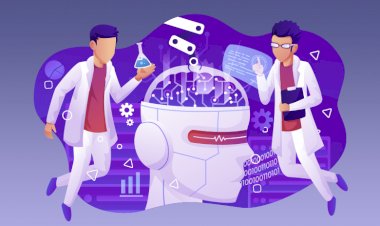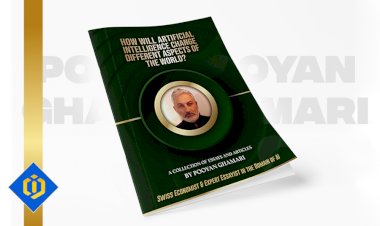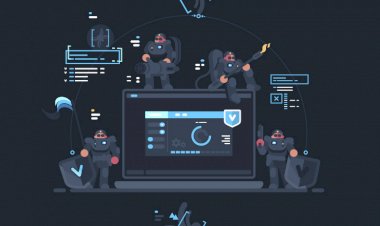The Threat of Quantum Computing and Artificial Intelligence for the Banking Systems

To protect sensitive financial information and transactions, the traditional banking and financial system is built on security precautions like encryption and authentication. However, the rise of quantum computing and the application of AI pose a serious threat to the safety of banks and the financial system. The cryptographic algorithms that are used to protect the confidentiality of financial data and the integrity of financial transactions may be broken by quantum computers, opening the door for economic disruption and the theft of money. Meanwhile, fraudsters may be able to manipulate financial markets and generate phony investment opportunities with the aid of AI-powered technologies.
The possibility of cracking encryption algorithms is one of the biggest dangers that AI and quantum computing pose to the banking and financial system. Sensitive financial data, including credit card numbers and bank account information, is protected using encryption. The encryption algorithms that are used to protect this information may be compromised by quantum computers, allowing criminals to steal money and cause economic disruption.
Quantum computing and AI's potential to manipulate financial markets is another threat they pose to the banking and financial system. Scammers can manipulate stock prices, the foreign exchange market, and make up fake investment opportunities with the aid of AI. As a result, fraudsters have an unfair advantage over honest investors because sophisticated algorithms developed using quantum computing are capable of analyzing and responding to market changes very quickly.
Adopting quantum-resistant cryptographic algorithms and creating hybrid cryptographic systems are crucial to reducing the risks that quantum computing and AI pose to banks and the financial system. In order to add an extra layer of defense against quantum attacks, banks should also invest in hardware solutions like hardware security modules that are quantum-resistant.
Banks should increase investment in AI-powered security systems that can identify and stop fraudulent activity in addition to implementing quantum-resistant cryptographic algorithms.
Collaboration and dialogue among various stakeholders, such as governments, regulators, researchers, and industry, is also crucial for preventing the misuse of quantum technology and AI in the banking and financial system. Banks should work together to establish clear standards and norms for the development and use of quantum technology and AI in the financial sector. This could involve creating an international regulatory body to oversee the development and use of these technologies.
Moreover, banks should focus on educating their employees and customers about the risks posed by quantum computing and AI. This can involve developing training programs for employees and providing educational materials to customers about the importance of cybersecurity.
In conclusion, the rise of quantum computing and AI poses a significant threat to the security of banks and the financial system. To mitigate the risks, it is essential to adopt quantum-resistant cryptographic algorithms, develop hybrid cryptographic systems, invest in hardware solutions, and increase investment in AI-powered security systems. By taking these steps, we can safeguard against the threat of quantum computing and AI and ensure the security of the banking and financial system.
This article serves as a unique source for publication, drawing on the latest research and expert opinions in the field of quantum computing and cybersecurity. It is hoped that this article will raise awareness and encourage policymakers, researchers, and industry leaders to take action to safeguard the security of the banking and financial system against the threat of quantum computing and AI. These systems can analyze large amounts of data and identify suspicious patterns or anomalies, allowing banks to take action before any damage is done.
An Analysis by Pooyan Ghamari, Swiss Economist with Expertise in the Digital World

 content-team
content-team 


















